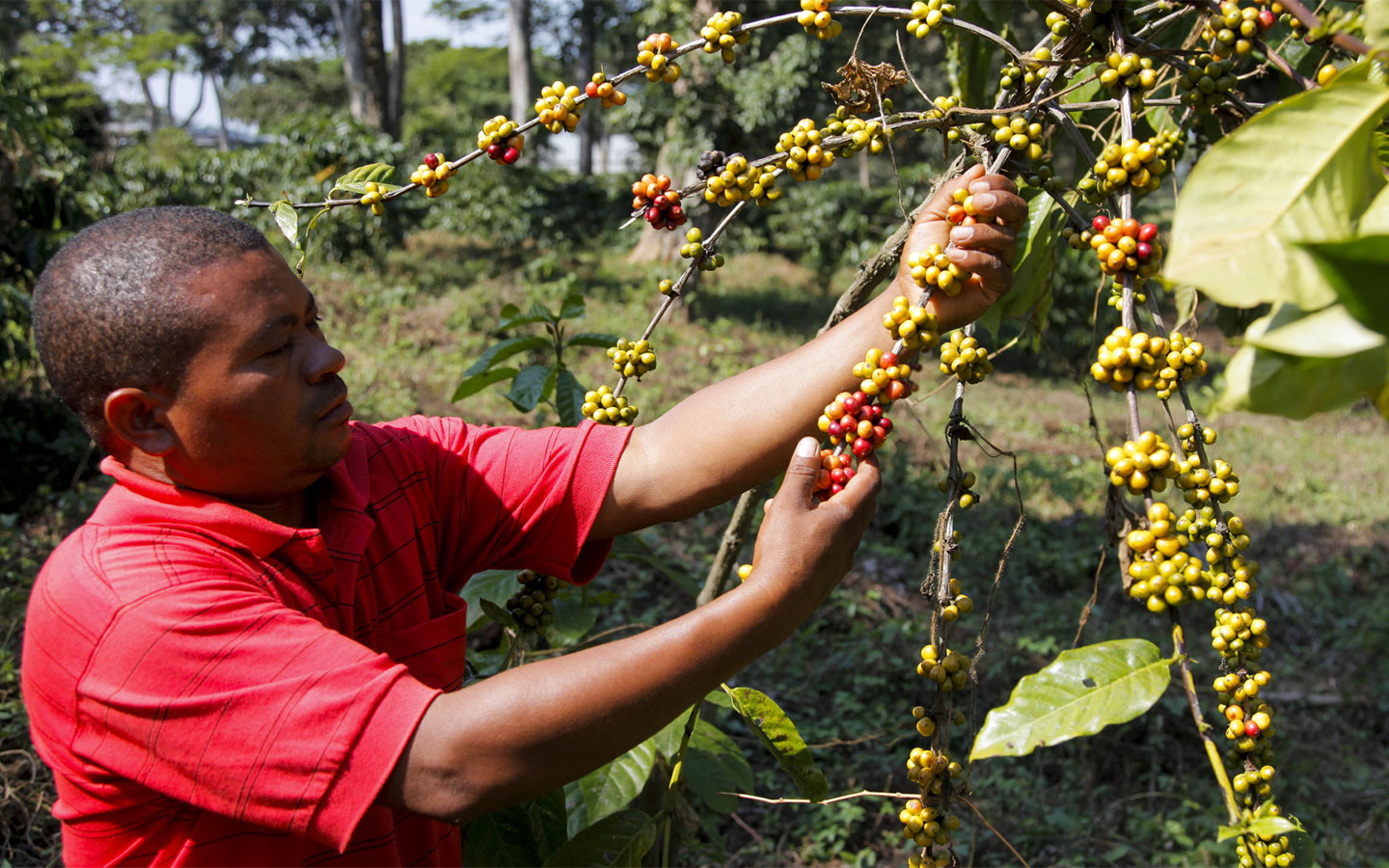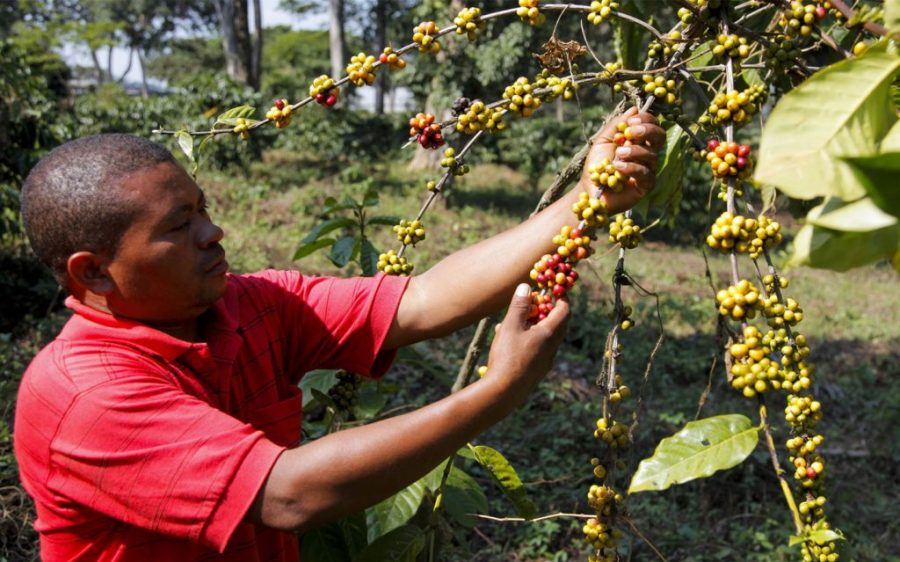The European Union (EU) announced on Monday that it will finance a EUR 8.8 million project for the development of coffee culture in Angola over a five-year period, reports Lusa.
The Mukafé project, financed by the EU through the French Development Agency (AFD), will be implemented in Angola’s Uíje, Cuanza Sul and Cuanza Norte provinces, which currently account for 82.3 percent of the nation’s coffee production.
Organisers expect to involve about 500,000 robusta coffee growers in the project. Their focus will be on producing quality coffee, providing training and support for small-scale producers, and improving access to the market, according to Angola’s French ambassador, Daniel Vosgien.
[See more: Angola forecasts economic growth of 3.5% over the next 5 years]
At its peak in the 1970s, Angola produced and exported over 200,000 tonnes of coffee per year, making it the fourth largest exporter in the world. Today that figure sits around around 6,000 tonnes – mostly for the domestic market.
“The country has the potential to produce more than 500,000 tonnes of coffee”, said Vasco Gonçalves, director of Angola’s National Coffee Institute. He cited lack of financing for production, road access difficulties, and limited access to basic tools like hoes and machetes as the main constraints on coffee production.
Gonçalves emphasised the need for large-scale renewal of ageing plantations, which will begin in October of this year. Bringing in more young people is also key, he stressed, as most current producers are “of a certain age, which does not help much for the development of coffee culture.”






